Household names announce political aspirations
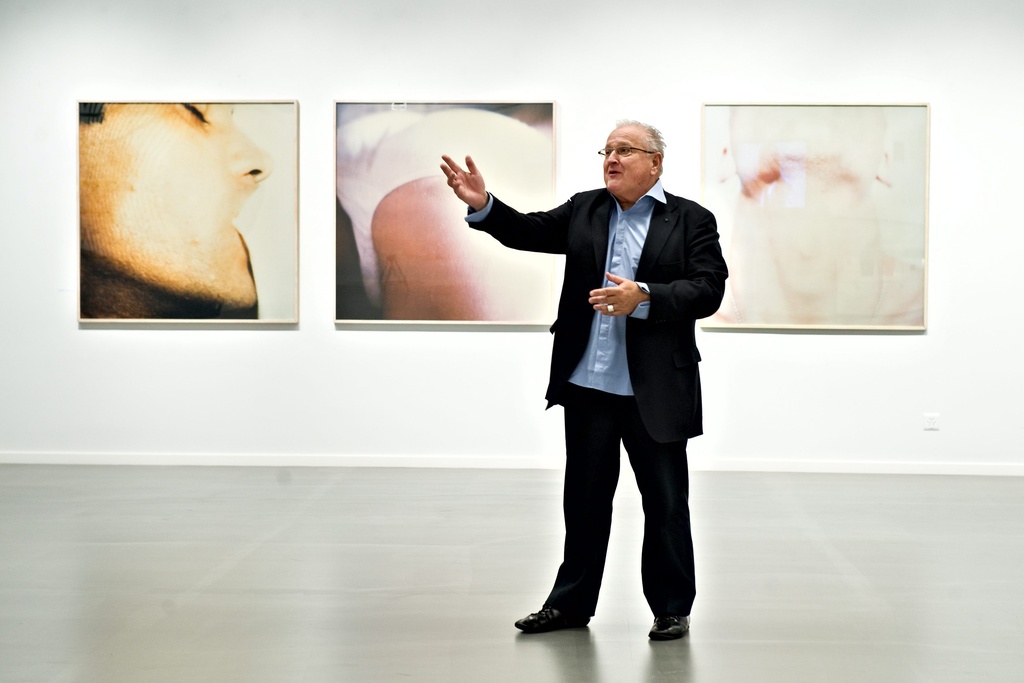
This year’s parliamentary elections are attracting a slew of unusual high-profile candidates, including journalists, doctors, a skier and an artist.
While none is in the league of actors-turned- politicians Ronald Reagan and Arnold Schwarzenegger, some are public figures who are already household names in Switzerland.
“We don’t really have any stars, whatever the field,” political scientist William Ossipow told swissinfo.ch. “Firstly, we don’t like that, and then politics in this country doesn’t pay well and is therefore not very attractive.”
There are still “political animals” like Christoph Blocher, strongman of the rightwing Swiss People’s Party and former justice minister, who is putting himself forward on October 13 for the Senate. He recently told tabloid newspaper Blick that he was “counting heavily” on the nomination of Paul Accola, former alpine ski champion, to the People’s Party’s list of candidates for canton Graubünden to the House of Representatives.
Accola has neither confirmed nor denied his candidature, but says he “supports helping the poor, but not the lazy”. He would not be the first sportsman to enter national politics.
Simon Schenk, former coach of the national ice hockey team, has represented the centre-left Social Democrats in Bern since 1994. Fellow Bernese Adolf Ogi was director of the Swiss ski team and was propelled into the Swiss cabinet from 1987 to 2001 by the People’s Party.
Past success
For the House of Representatives elections of October 23, there is also talk of the former head of Swiss Post, Claude Béglé, standing in canton Vaud. “Nothing is decided,” is his official response. But it is widely known that the centre-right Radicals and the Christian Democrats are hoping to woo him.
This is confirmed by Christian Democrat parliamentarian Jacques Neirynck. The veteran politician said “it would be an honour” to see Béglé succeed him in Bern or win a second seat beside him for canton Vaud.
“He’s an interesting candidate because he’s a networker,” said Neirynck, a former professor at the Federal Institute of Technology Lausanne who was elected by the Christian Democrats in 2001.
“It’s usual to bring in people from the outside. As we in Switzerland have the great advantage of having a parliament made up of volunteers, those elected should be able to make use of their past [professional] accomplishments.”
Defectors ‘natural’
Among the potential candidates are two well-known physicians. From canton Bern, the president of the Federation of Swiss Physicians, Jacques de Haller, has pinned his colours to the Social Democrat Party, while Thierry Carrel, the head of Bern’s cardiac surgery hospital, will sport those of the Radicals.
And then there are the journalists. Fathi Derder has announced his resignation from the post of editor at the regional television channel Télé to become a House of Representatives candidate for the Radicals in canton Vaud.
“Journalists are networkers, they are articulate. They are well qualified by definition, as are lawyers, engineers or union activists who also bring their training and professional experience to fight effectively in the political arena,” Neirynck said.
There are many precedents. Filippo Leutenegger, well known for his political programme “Arena”, left Swiss television in 2003 to enter the House of Representatives as a Radical for Zurich. In Geneva, Jacques-Simon Eggly was a parliamentary correspondent before pursuing a career as a politician. He currently chairs the Organisation of the Swiss Abroad.
Elsewhere, Norbert Hochreutener, former political editor for Swiss television, became a parliamentarian for the Christian Democrats in 1995, after a detour via the Federal Chancellery’s press office.
And Jean-Charles Simon, host of a radio show for the Swiss Broadcasting Corporation, was immediately elected a Christian Democrat parliamentarian in 1995. But after one term he chose to return to media.
Natural candidates
Ossipow, an honorary professor of political science, says journalists are “natural” candidates for moving from one political camp to the other, as are lobbyists.
“They may be looking to move [to another platform] because they want to remain visible. Parties have a marketing policy that seeks to increase their visibility.”
However, Ossipow says it’s a risky move for parties as it may create conflicts with the party faithful. As such, it is not at all certain that Christian Democrat followers are keen on the rather unconventional candidacy of Pierre Keller, the flamboyant director of the Higher School of Applied Arts in Lausanne.
Keller, who is retiring in June 2011, confirmed his candidacy this week on French-speaking television. “I had to think for a long time about whether I am capable of doing this new job,” he said.
“If I launch myself into the campaign, it is also because it would be fun to be elected and measure my popularity rating in canton Vaud.”
Voting takes place every four years. In 2011, it will be held on October 13.
Election to the House of Representatives follows a proportional system.
Number of seats: 200.
The House of Representatives represents the Swiss people.
Election to the Senate is subject to a majority system.
Number of seats: 46.
The Senate represents the cantons.
The Swiss government consists of a cabinet made up of seven members.
There is no prime minister. The position of president rotates among cabinet ministers every year.
The cabinet should reflect the political, cultural and linguistic diversity of the country.
For 50 years cabinet posts were shared out among the four main parties – the Radicals, the Christian Democrats, the Social Democrats and the Swiss People’s Party – under an informal agreement.
The system known as the Magic Formula was thrown out in 2003.
A fundamental tenet of the multiparty cabinet is the need to reach consensus and that decisions are taken collectively.
(Translated from French by Jessica Dacey)

In compliance with the JTI standards
More: SWI swissinfo.ch certified by the Journalism Trust Initiative
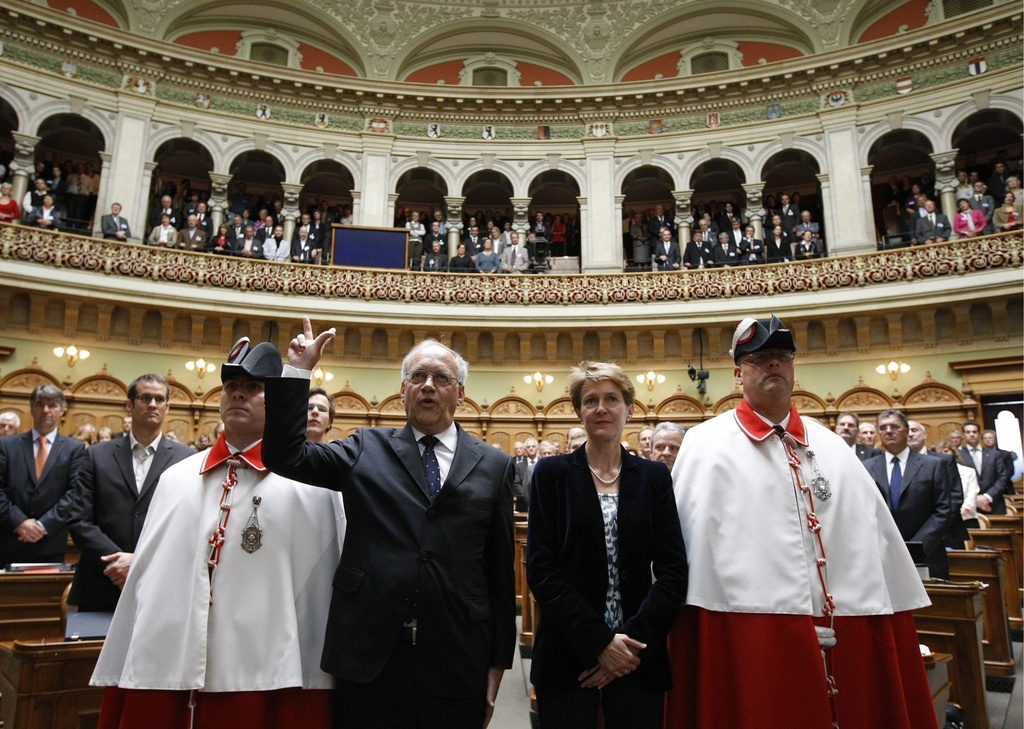
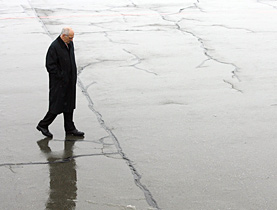
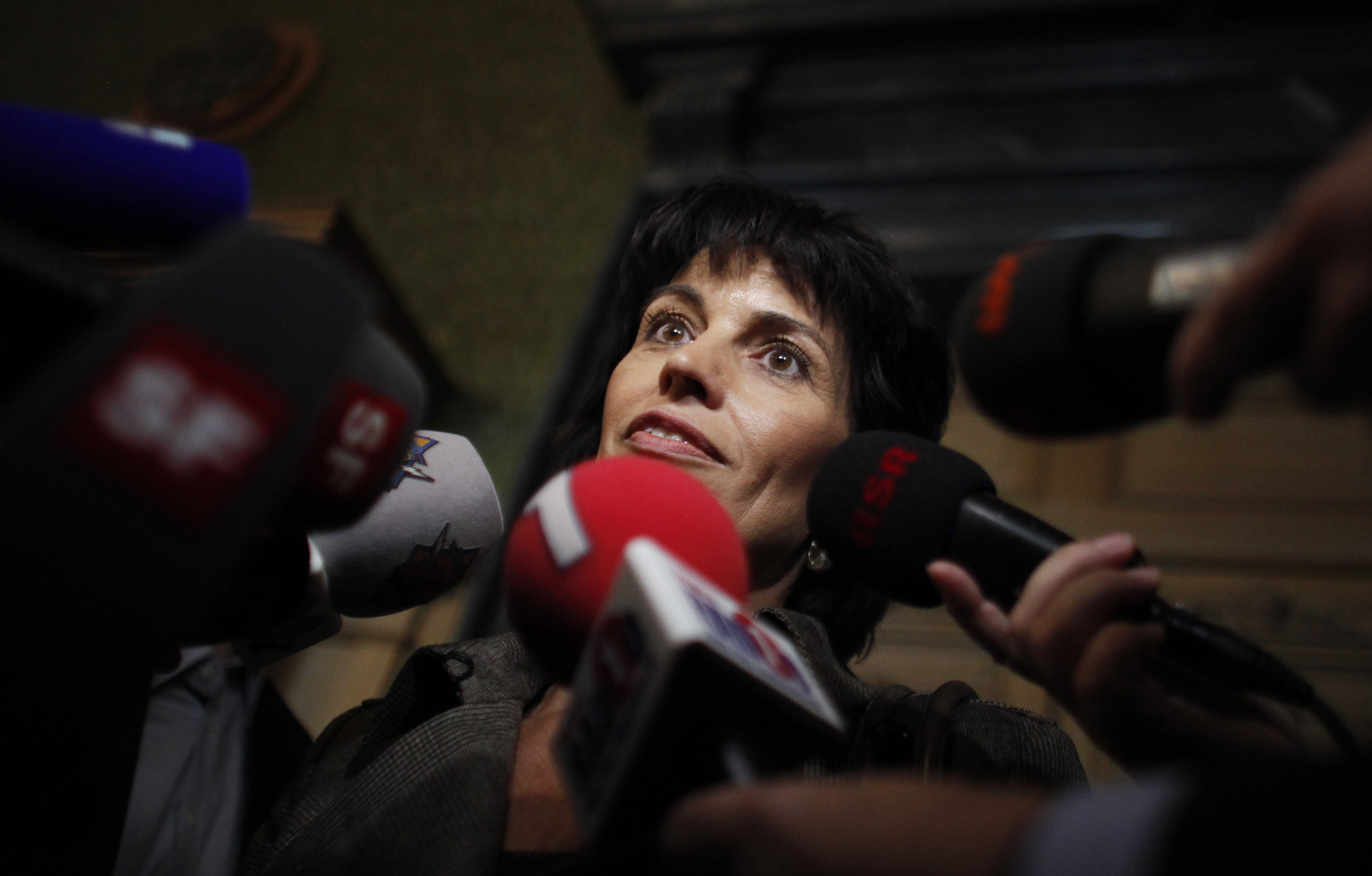
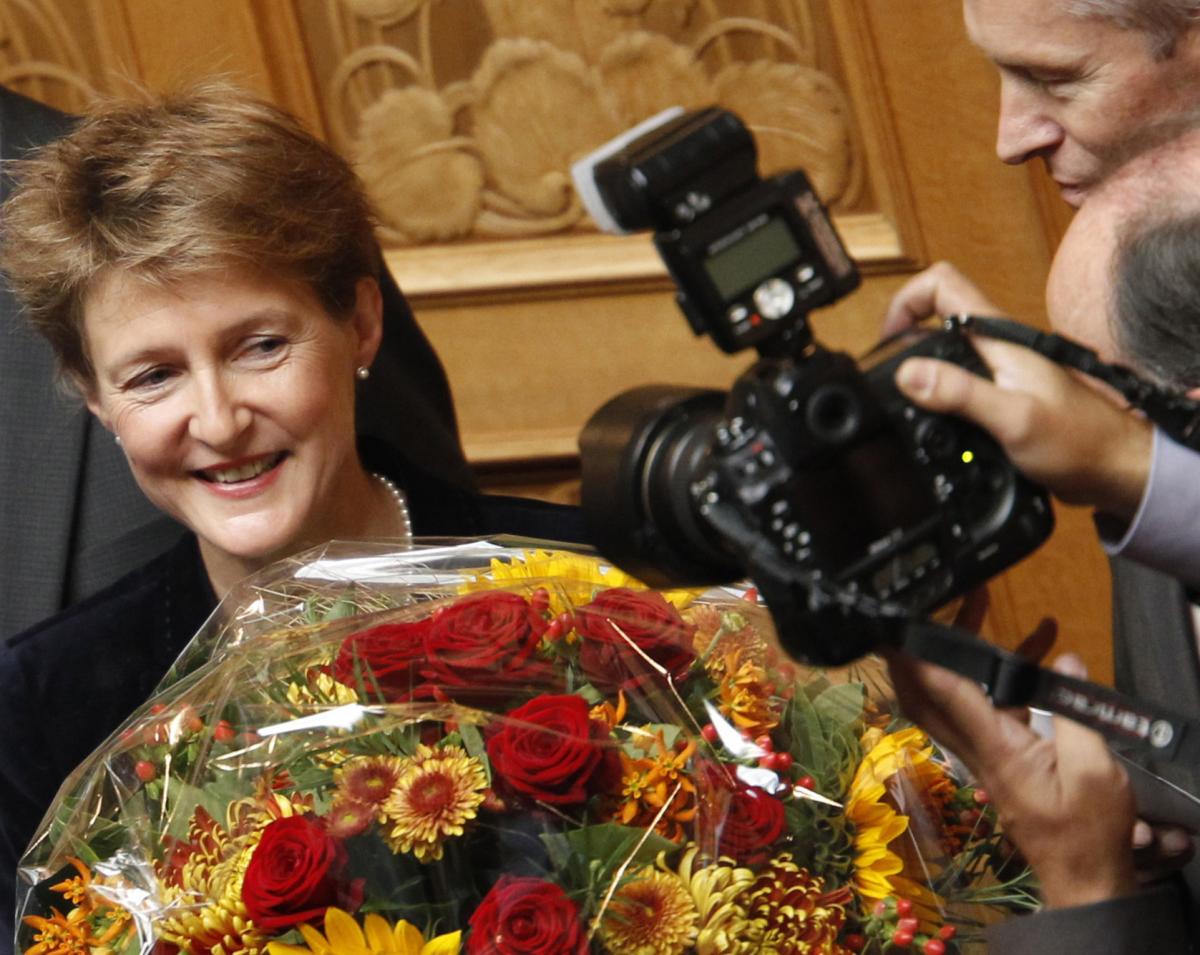
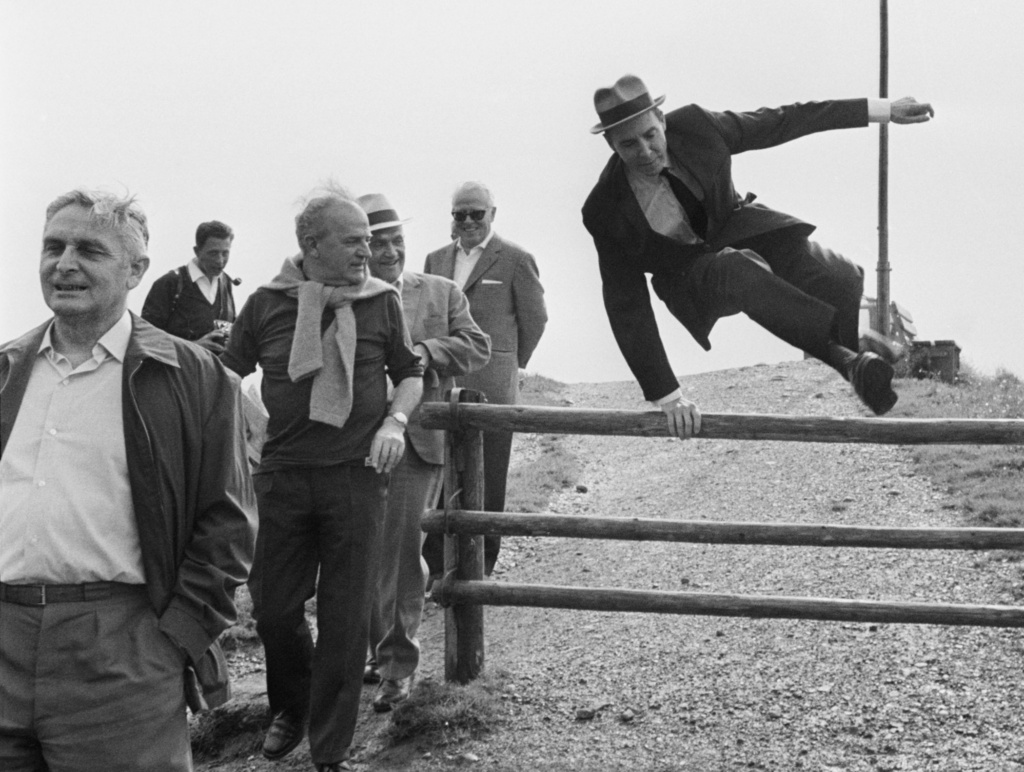
You can find an overview of ongoing debates with our journalists here . Please join us!
If you want to start a conversation about a topic raised in this article or want to report factual errors, email us at english@swissinfo.ch.